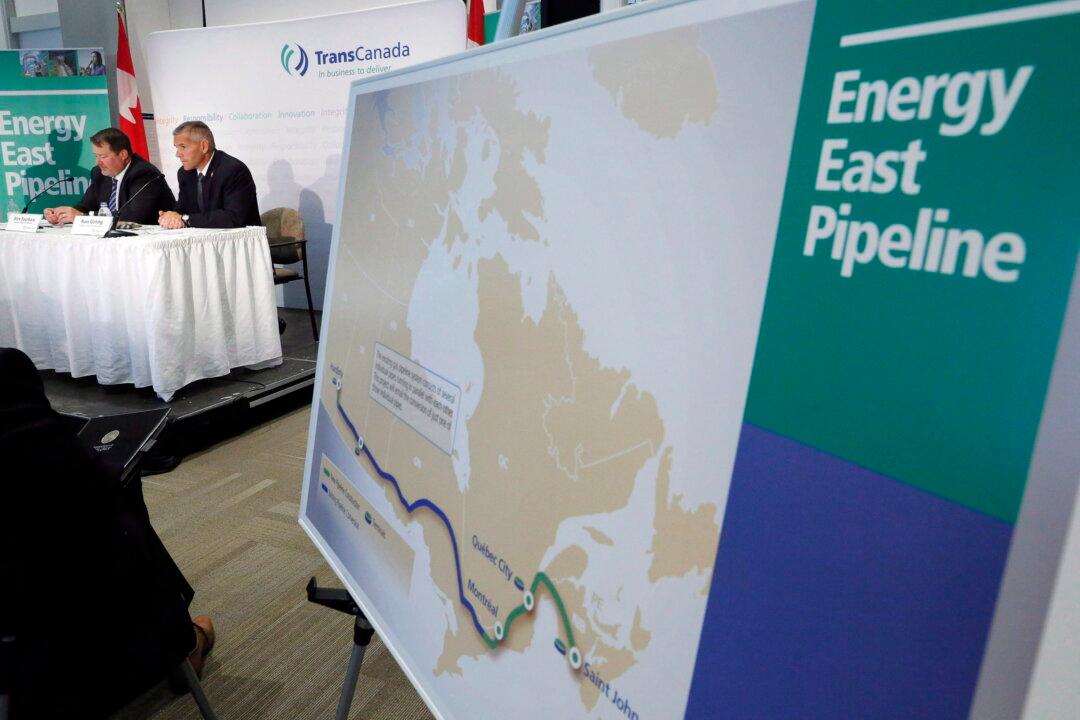Commentary
Canada’s vulnerability as an energy exporter came into acute focus when President Trump began musing about applying tariffs to Canadian goods.

Canada’s vulnerability as an energy exporter came into acute focus when President Trump began musing about applying tariffs to Canadian goods.